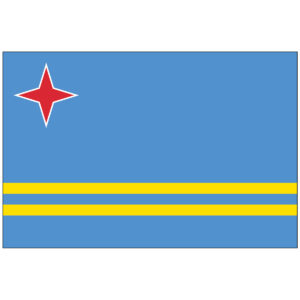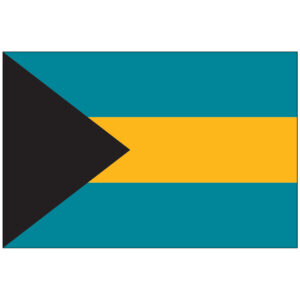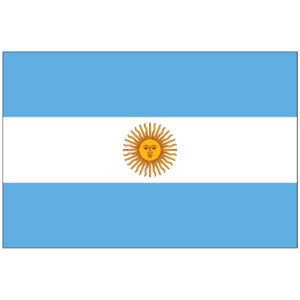Washingtons Cruisers Nylon Flag
$59.95
Washingtons Cruisers Nylon Flag – The Tree Flag (or the Appeal to Heaven Flag) was one of the flags used during the American Revolution. The flag, which featured a pine tree with the motto “An Appeal to Heaven,” or less frequently “An Appeal to God”, was originally used by a squadron of six cruisers which were commissioned under George Washington’s authority as Commander-in-chief of the Continental Army in October 1775.
It is the official maritime ensign for the Commonwealth of Massachusetts, though the script was removed in 1971. It was used by state navy vessels in addition to privateers sailing from Massachusetts.
About Our Washingtons Cruisers Nylon Flag
"The design of the flag came from General Washington's secretary, Colonel Joseph Reed. In a letter dated October 21, 1775, Reed suggested a ""flag with a white ground and a tree in the middle, the motto AN APPEAL TO HEAVEN"" be used for the ships Washington commissioned. The following summer, on July 26, 1776, the Massachusetts General Court established the flag of the state navy with a resolution that stated in part: ""...that the Colours be a white Flag, with a green Pine Tree, and an Inscription, 'Appeal to Heaven'."" The pine tree has been symbolic in New England since the late 16th century, predating the arrival of colonists. After warring for decades, leaders of five nations — the Seneca, Cayuga, Onondaga, Oneida, and Mohawk — buried their weapons beneath a tree planted by the Iroquois Confederacy founder, the Great Peacemaker, at Onondaga. The ""tree of peace"" is featured in the center of the Hiawatha Belt, the Iroquois national belt, named for the Great Peacemaker's helper, Hiawatha. Colonists adopted the pine as a symbol on flags and currency in the 17th century, including variants of the flag of New England and coinage produced by the Massachusetts Bay Colony from 1652 to 1682.[5] Leading up to the Revolutionary War, the pine tree became a symbol of colonial ire and resistance as well as multi-tribal support of independence."




